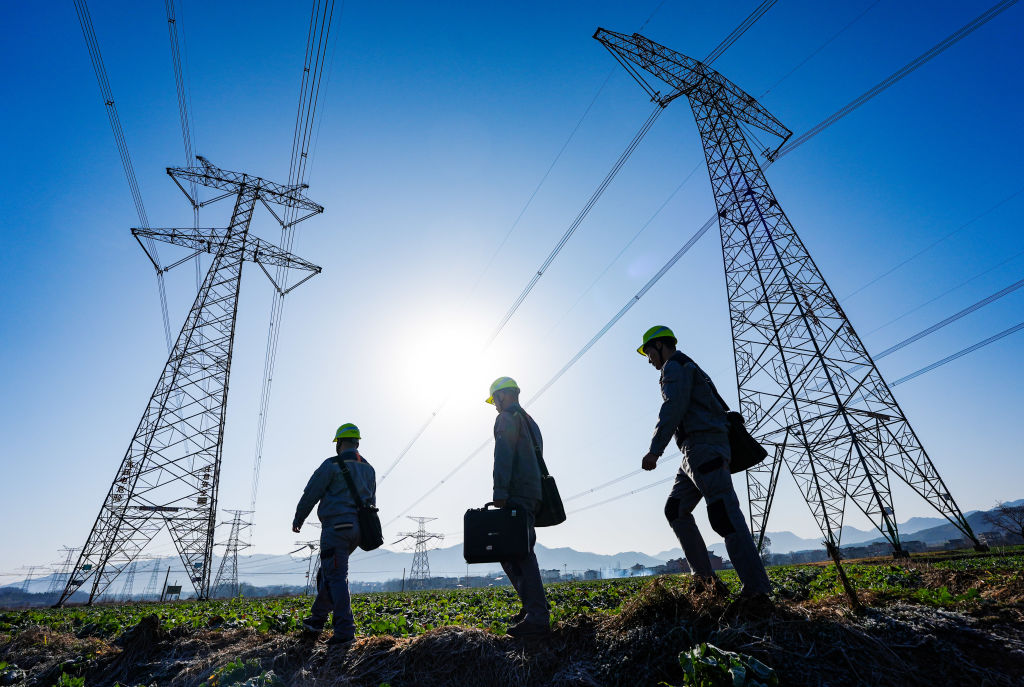The European Commission’s annual enlargement report shows that the EU’s executive body is serious about adding new member states before the end of its current five-year mandate, which expires in 2029. The Commission has identified four main candidates for accession: Albania, Montenegro, Moldova, and Ukraine.
The report, published on November 4 — the first since the new Commission took office late last year — assesses the progress (or lack thereof) of ten candidate countries, including Bosnia and Herzegovina, Georgia, Kosovo, North Macedonia, Serbia, and Turkey.
But this year’s document carries a strong geopolitical tone. According to EU officials in Brussels, enlargement is once again back on the agenda.
The last country to join the EU was Croatia in 2013, and since then, the Union actually shrank for the first time in its history when the United Kingdom left in 2020.
The 2025 report notes that this is “the first Commission mandate since 2010–2014 in which enlargement has become a realistic prospect,” adding that “the process is now moving faster than at any point in the past 15 years.”
The shift in momentum is largely driven by Russia’s full-scale invasion of Ukraine in 2022. EU foreign policy chief Kaja Kallas emphasized that “geopolitical changes have clearly demonstrated why enlargement is necessary.”
“Enlargement is not a luxury — it’s a necessity if the EU wants to remain a strong global player,” Kallas said.
Montenegro Seen as the Frontrunner
Many observers believe Montenegro will be the next EU member state. Podgorica aims to complete its accession negotiations by the end of 2026, and the report says the country “is on track to achieve this ambitious goal.”
Montenegro has been negotiating for 13 years. It has opened talks on all 33 accession chapters but has closed only seven — most of them within the last 12 months, reflecting growing momentum. The government hopes to close five more chapters in December, though EU diplomats say this may be overly optimistic.
Concerns remain, especially regarding organized crime, corruption, and judicial independence. Still, there is growing speculation that Montenegro could become the EU’s 28th member in 2028.
Albania as the Next Likely Candidate
Albania is seen as another strong contender for accession. Tirana hopes to complete negotiations by 2027, and the Commission believes this is achievable.
Albania has made significant progress over the past year, opening 28 of 33 negotiating chapters and planning to begin talks on the remaining five by the end of November.
However, closing chapters will be much harder. The country still faces an image problem abroad, with concerns about organized crime despite its booming tourism industry and growing European investments.
The Commission has urged Albania to intensify efforts to “investigate drug traffickers and dismantle criminal networks.”
Moldova and Ukraine: Linked but Not Equal
Moldova and Ukraine remain closely linked in the enlargement process, as they have been since applying for EU membership in 2022. Despite rumors of a potential split this year, Brussels continues to treat them as a pair.
Moldova hopes to join the EU by 2028, while Ukraine believes membership is possible “later this decade” despite the ongoing war. Both countries received the Commission’s highest grades so far, although Kyiv was warned about political interference in its anti-corruption agencies earlier this year.
Ukraine’s accession remains blocked by Hungary, which has withheld its approval for more than a year — a deadlock likely to continue until Hungary’s parliamentary elections in April 2026.
In the meantime, the EU’s other 26 members have agreed to continue technical preparations with Chisinau and Kyiv, awaiting a potential political breakthrough in Budapest.
Making Enlargement More Manageable
As the enlargement process regains momentum, EU leaders are debating how to make it more practical and politically feasible.
European Council President Antonio Costa proposed simplifying procedures so that a single unanimous vote would suffice to start and finish accession negotiations. However, most member states opposed the idea, preferring to keep more “brakes” in the system.
Tensions between existing and aspiring members persist. Bulgaria continues to block North Macedonia over historical and linguistic disputes, while Croatia has reservations about Serbia’s accession path.
Some EU officials have floated the idea of “partial membership” — allowing new countries to join without full voting rights — but Ukrainian President Volodymyr Zelensky firmly rejected the concept.
To ease concerns among older EU members about democratic backsliding, Enlargement Commissioner Marta Kos suggested mechanisms that could suspend voting rights or EU funds for new members that breach rule-of-law standards.
Smaller Candidates Have the Edge
From a practical standpoint, the EU will find it far easier to integrate smaller countries such as Albania, Montenegro, and Moldova — each with fewer than three million inhabitants — compared to war-torn Ukraine, whose size and reconstruction needs present far greater challenges.
Commissioner Kos noted that Montenegro’s population of 600,000 is roughly the same as that of the Belgian port city of Antwerp, while Albania and Moldova are comparable in size to Rome.
Few in Brussels would be surprised if these three — Montenegro, Albania, and Moldova — become the 28th, 29th, and 30th members of the European Union within the next few years.



